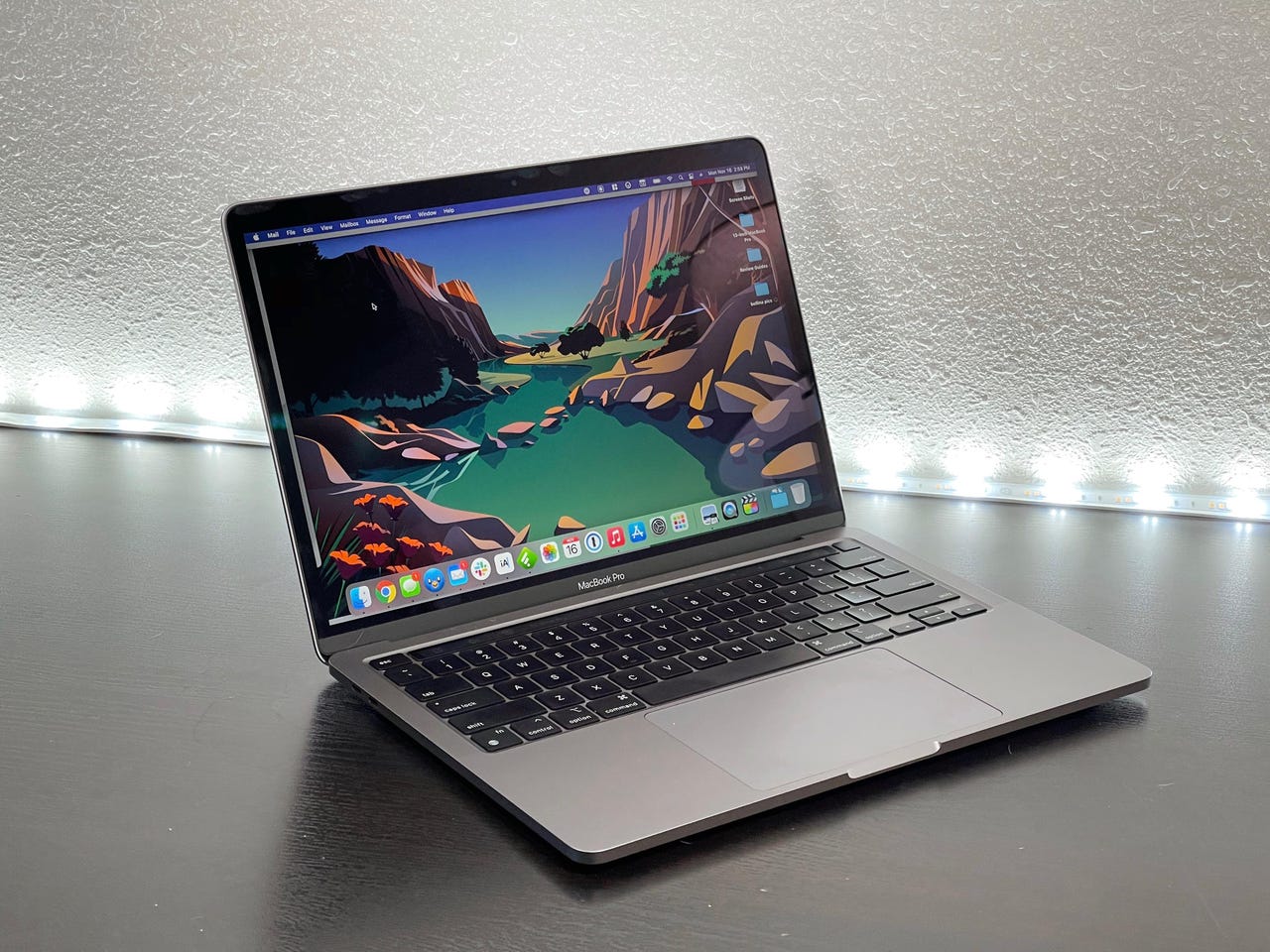'ZDNET Recommends': What exactly does it mean?
ZDNET's recommendations are based on many hours of testing, research, and comparison shopping. We gather data from the best available sources, including vendor and retailer listings as well as other relevant and independent reviews sites. And we pore over customer reviews to find out what matters to real people who already own and use the products and services we’re assessing.
When you click through from our site to a retailer and buy a product or service, we may earn affiliate commissions. This helps support our work, but does not affect what we cover or how, and it does not affect the price you pay. Neither ZDNET nor the author are compensated for these independent reviews. Indeed, we follow strict guidelines that ensure our editorial content is never influenced by advertisers.
ZDNET's editorial team writes on behalf of you, our reader. Our goal is to deliver the most accurate information and the most knowledgeable advice possible in order to help you make smarter buying decisions on tech gear and a wide array of products and services. Our editors thoroughly review and fact-check every article to ensure that our content meets the highest standards. If we have made an error or published misleading information, we will correct or clarify the article. If you see inaccuracies in our content, please report the mistake via this form.
Are M1 Macs a bad buy now?

MacBook Pro M1 2020
Now that Apple has unveiled the new second-generation M2 chips and is packing this updated silicon into the new MacBook Air and 13-inch MacBook Pro, people are asking a valid question.
Should I now avoid buying an M1 Mac?
It depends.
Let's begin with the differences between the M1 and M2. I've not had an opportunity to have hands-on time with MacBooks running these chips, so all I have to go on are Apple's facts and figures. I've outlined the main differences here but the bottom line is that the M2 has an 18% faster CPU and a 35% faster GPU.
That's a massive performance boost, and combined with a RAM bump to 24GB and a doubling of the memory bandwidth, it's something that people wanting the best performance possible will probably want.
But not everyone needs power.
The M1 chips are themselves very capable, and that $200 difference between the M1 and M2 MacBook Air might be more important to some than the performance boost.
Also: Don't waste your money on these Apple products
But it gets more complicated.
The other thing to bear in mind is that the M1 lineup is more than the M1. It also features the M1 Pro, M1 Max, and M1 Ultra. These high-end chips continue to dominate and outperform the M2 chip.
While I fully expect these to be updated to M2 silicon over the next year to 18 months, right now, these M1 variants are your only option.
You can buy Mac hardware now or wait until next year.
The choice is yours.
I'm also getting questions about upgrading. If you already own an M1 MacBook Air or MacBook Pro, is it worth upgrading to the M2?
Also: Apple M1 vs M2: M1 Pro, Max and Ultra are still more powerful -- for now
It depends.
Macs hold their value well, so you could likely sell or trade-in your M1 MacBook, and the upgrade becomes quite an affordable one. However, the question of whether it's a worthwhile upgrade remains to be seen. If you're pushing up to the edges of your existing MacBook -- especially in terms of RAM -- then this could be a worthwhile upgrade, but I wouldn't expect to be blown away by the M2.
Double-digit performance gains sound great, and indeed they are, but in the real world you'd have to be pushing the envelope hard to get the benefit. And if you're pushing that hard, then you might be better suited by a system running an M1 Pro or M1 Max.
